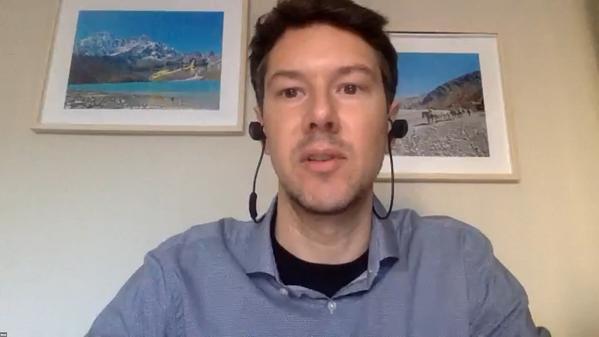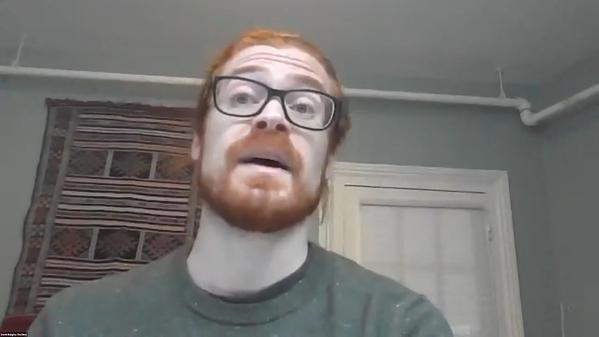Would you like to see your presentation here, made available to a global audience of researchers?
Add your own presentation or have us affordably record your next conference.
keywords:
space and place
land
labor/labour
Land & Labor Across the Rural-Urban Divide I This panel will explore land, labor, and the constantly shifting relationships between the rural and urban. We hope to examine contemporary processes that inextricably link rural and urban even as they produce unevenness and separation between them. There are many, among them financialization and consolidation of farmland (Fairbairn 2020); real estate and development moving into formerly agricultural spaces and changing both economies and forms of land tenure (Berry 2000; Levien 2018; Rabie 2021); and powerful infrastructures of commodity production and circulation whose new geographies transform patterns of land use and control (Arboleda 2020; Cowen 2014; Khalili 2020; Plonski n.d.). The transformation of agricultural production and the displacement of rural populations that characterizes the expansion of capital accumulation (Marx 1992) shapes the contemporary trajectories of labor migration, employment, and unemployment (Elyachar 2005; Ferguson 1999; Neel 2018). Such processes cross urban and rural spaces in and across national borders (Buckley 2012; Chalcraft 2009; Mezzadra and Neilson 2013) and have cultural, political, legal, and ideological impacts (Harvey 1990; Lefebvre 2003; Said 1993; Smith 1984; Williams 1973). We are interested in papers that think across the rural-urban divide and develop concepts appropriate to contemporary political, social, and environmental challenges. How do settler colonialism, racial capitalism, and fixed capital (Bhandar 2018; Coulthard 2014; Gilmore 2007; Rickford 2017; Robinson 2000) shape the distribution of land and labor as well as the law and ideology of ownership, rights, and community? How might we draw on traditions of anti-imperialism and agrarian political economy (Arrighi 1970; Mintz 1973; Stoler 1986; Wolf 1955) to understand contemporary struggles around dispossession and exclusion (Ajl 2020; Hall et. al. 2014; Li 2014; Levien, Watts, and Yan 2018). Such struggles include both organized movements (Edelman 1999) and collective forms of surviving, perhaps even flourishing, in places that might constitute interstices of capitalist ruins (Tsing 2015). We wish to explore how families, kinship, and social reproduction are changing (Crehan 1997; Katz 2001); the resources people draw on in times of dispossession and upheaval (Chang 2010; Sayigh 1979); and how emerging practices of growing food, organizing care, sustaining ecologies, and creating durable modes of belonging to place blur distinctions between rural and urban (Aistara 2018; Hoover 2017; Jacobs 2018; Lyons 2020).

